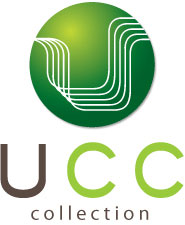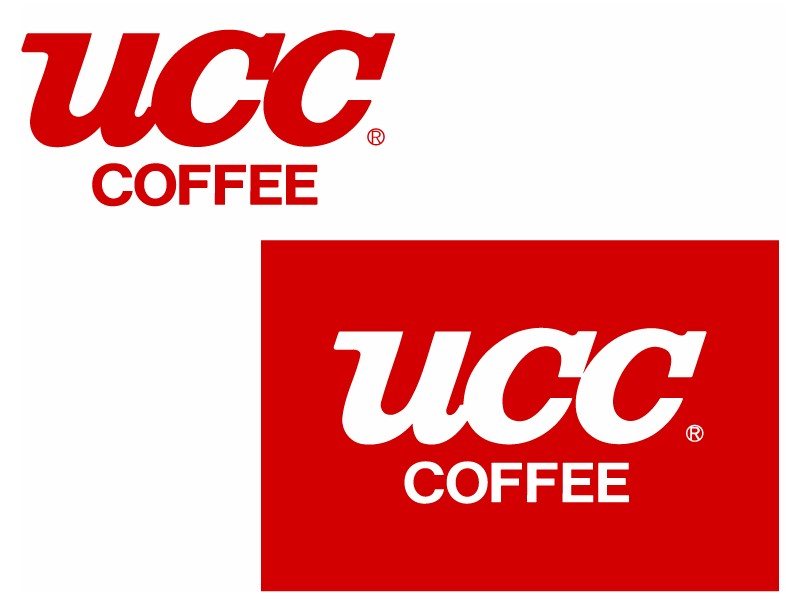Coffee vs Cement: Does being well-known deserve dilution protection?
published on 24 Jul 2014
A judgment of the Supreme Administrative Court of Taiwan ended a well-known trademark dispute on June 19, 2014, in which the Court strongly emphasized that the protection from trademark dilution is to resolve the insufficient protection for a well-known trademark under the traditional theory of likelihood of confusion. According to the Court, regardless of the distinction between the products/or services of a proposed trademark and that of a well-known trademark, as long as the proposed trademark is identical or similar to the well-known trademark and thereby is likely to dilute the distinctiveness or reputation of said well-known trademark, the registration of such proposed trademark shall not be allowed.
 
Background of the Dispute
The registration of the trademark at issue, “UCC collections and device” (hereinafter "the trademark at issue") was applied by the Universal Cement Corporation, a publicly listed Taiwanese company, designated to be used on retail services of hardware and construction materials under Class 35 of the Classifications of Goods and Services. The trademark at issue was granted for registration with a disclaimer of the text “collections” (Registration No.: 1450217) on January 16, 2011. Universal Cement Corporation uses "UCC" as an abbreviation of its company name at trade.
Whereas the Japanese coffee company UCC Holdings Co. Ltd. owns a trademark “UCC” for coffee, beverages, coffee related products and coffee shops, as well as a variety of goods. The mark has been recognized by TIPO as a well-known trademark for coffee starting in 1996. UCC Holdings raised the opposition against the trademark at issue on the ground that the trademark at issue is similar to the "UCC" mark, which is likely to confuse the relevant public or likely to dilute the distinctiveness or reputation of the said well-known trademark, and therefore it violates the provision for the protection of a well-known trademark. However, the opposition was rejected by TIPO for the reason that, although "UCC" is famous, the level of famousness “UCC” has yet achieved a highly well-known status in which the brand is universally known by the general public. This means the protection for the "UCC" mark should not extend so far to exclude others from using a similar mark on "retail services of hardware and construction materials," services far different from coffee related goods and services.
UCC Holdings fought against the decision through the administrative appeal and went twice through the IP Court and the Supreme Administrative Court. The rationales and the opinions of the IP Court and the Supreme Administrative Court are respectively summarized below.
The IP Court’s Opinion
The IP Court has acknowledged the fame of the "UCC" mark in coffee related goods and services and has no doubt in the fact that the mark is widely known to the domestic consumers. The mark "UCC" is recognized as a well-known trademark under the definition of the Trademark Act.
The mark "UCC" is a coined mark, which inherently possesses a high distinctiveness. Whereas the trademark at issue is composed of a device and words, among which "UCC" is an abbreviation of the company Universal Cement Corporation," the overall design of the trademark at issue is also distinctive and impressive.
The similarity of the trademarks is not high when comparing the two trademarks together. Especially more so since the characteristics of the products and/or services provided by the two trademarks are apparently varied, as are their marketing channels and manufacturing industries. Since the market segmentation is so distinct, there should be no correlation between consumers of the two companies. It can hardly be believed that the application of the trademark at issue has any intent to cause confusion to the relevant consumers.
Although the "UCC" mark of UCC Holdings is registered in a variety of goods and services, all the evidence of use submitted are directed towards coffee related goods or services. There is no evidence showing that the UCC mark has been used beyond the food industry. Since there is no evidence proving the company has multi-dimensional operations, the protection of the UCC mark shall be so limited.
Furthermore, retail services of hardware and construction materials that the trademark at issue designates are not cheaper in value or poor products having negative appraisal, which would cause relevant consumers to associate quality goods with those having inferior quality. Hence, the use of the trademark at issue is not likely to lower the quality or reputation of the "UCC" trademark.
Since the scope of the fame of the "UCC" mark is merely limited to coffee related goods and services, and since no correlation to the services of the trademark at issue, the trademark at issue cannot cause the likelihood of confusion, neither does it dilute the distinctiveness and reputation of the "UCC" mark.
The Supreme Administrative Court’s Rationale
The Supreme Administrative Court held contrary opinions against the IP Court with respect to the similarity of trademarks and the scope of protection for a well-known trademark. In addition to acknowledging similarity of the two marks, the Supreme Administrative Court further elaborated in the rationale about dilution of a well-known trademark:
According to Article 23 of the then Trademark Act (now Article 30), a trademark application shall be rejected if the proposed trademark is identical or similar to another well-known trademark or mark and hence is likely to confuse the relevant public or likely to dilute the distinctiveness or reputation of said well-known trademark or mark. The likelihood of dilution on the distinctiveness of a well-known trademark suggests that a well-known trademark being used on a certain goods or services may initially enable people to associate the goods or services to a particular origin. Such a strong indication of a single origin of goods may gradually be weakened or distracted due to unauthorized use by any third party. In consequence, the trademark that has strong indication of a single origin will possibly become an indicator of two or more origins. The trademark will then lose its unique impression or association to single origin in the minds of the general public. Protection for trademark dilution aims at resolving traditional protections which provide no effective methods which can prevent well-known trademarks from getting damaged under the rationale of likelihood of confusion.
In so far as the dilution is concerned, allowing the registration of a trademark at issue may still damage the distinctiveness or regulation of the well-known trademark, even though the market segmentation is distinct between the designated goods or services of two trademarks, and the conflict of business interests is not so obvious that consumers may be confused in terms of their respective origins.
Furthermore, the Supreme Administrative Court firmly concurs the Court's previous decisions in the year 2012, in which it was found that using a mark identical or similar to other's well-known trademark on different goods or services may result in the possibility of weakening or distracting the well-known trademark's association with a certain origin of goods or services, and thereby reduce the uniqueness of the well-known trademark would be sufficient to constitute "the likelihood of well-known trademark dilution."
Based on the Supreme Administrative Court's interpretation on the protection of well-known trademark dilution, the trademark at issue as registered may have the likelihood to dilute the distinctiveness of the opposed trademark, "UCC" of UCC Holdings, regardless of the differentiable market segments. The Supreme Administrative Court therefore revoked the original decision and the petition result, and ordered TIPO to cancel the registration of the trademark at issue.
Commentary
A decision from the Supreme Administrative Court may not become binding to lower courts or to other judge panels of the same Court, unless it is selected as a judicial precedent. Therefore the opinions of the afore-said judgment may not be widely applied by other courts or judge panels. However, there are two highlights that one can learn from:
(1) The well-known degree of a famous mark is highly dependent to the local consumers and local market, which strongly influence the scope of a well-known trademark protection. The UCC mark is regarded as widely known by local consumers because it has been registered and marketed in Taiwan for more than 40 years. But not all internationally well-known brands can achieve the same degree of the fame in the Taiwanese market. Foreign brand holders who would like to obtain a well-known recognition must take the local awareness into consideration.
(2) The Court recognizes a boundless well-known trademark protection against any similar mark used on unrelated goods or services, which might not be universally agreed among courts. It might be deemed unusual that such dilution protection could be offered to a trademark whose business is essentially concentrated on a single product or service -- coffee. It appears that the Court believes that the level of fame of the "UCC" mark has been highly ranked so that exclusion of other similar mark from a remote industry is admissible.
For any questions relating to this topic, please contact us at cjchen@tsailee.com.tw |